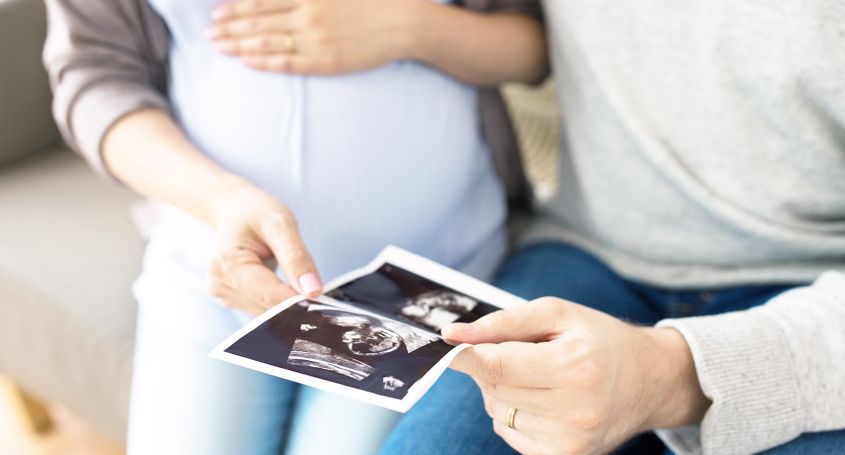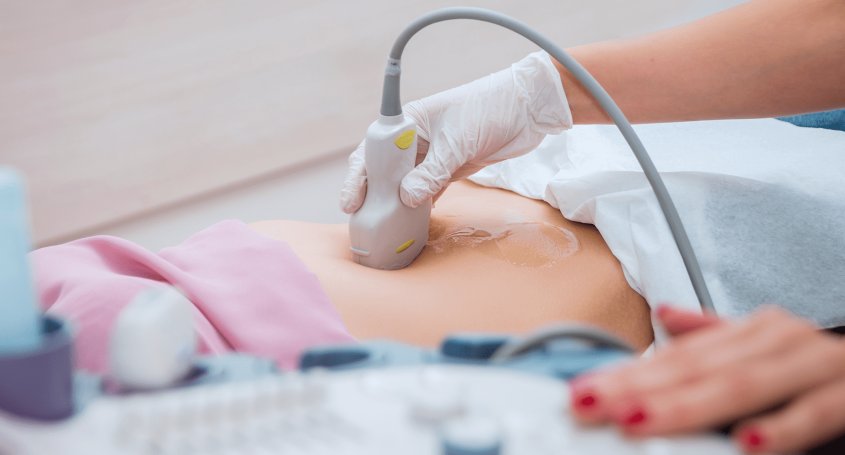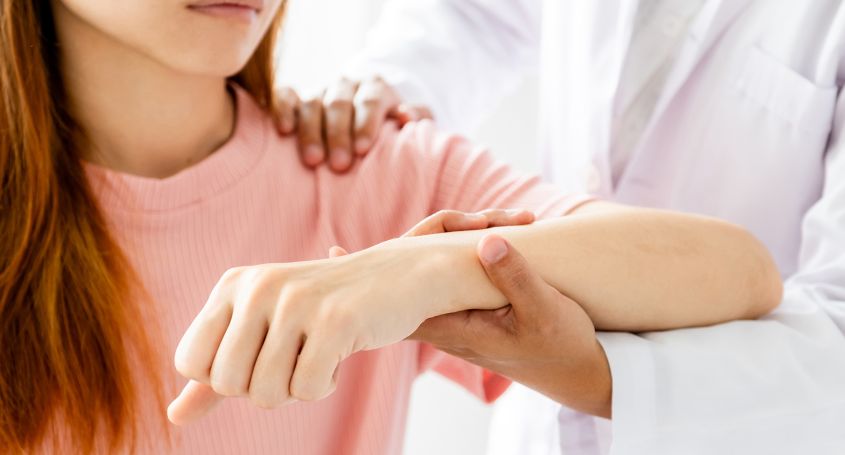In the last years we have witnessed many social changes including the economic independence of women, which has led many of them to the decision to face motherhood alone. Also, every day there are more women with female partners who decide to become mothers.
Spanish Law on Assisted Human Reproduction Techniques (14/2006) provides both options and specifically on Article 6 it is indicated that: “all women over 18 years old, of full mental capacity, can be a recipient or user of the assisted reproduction techniques covered by this act, and have signed the consent form in a voluntary, conscious and expressly manner. The woman can be a recipient or user of the assisted reproduction techniques covered by this act, regardless of her marital status or sexual orientation.”
Barcelona IVF offers all available treatments in those cases.
During the first consultation the gynecologist specialized in assisted reproduction will analyze your case and will explain which will be the most appropriate treatment for you, depending on your age, your ovarian reserve and the permeability of your fallopian tubes.
IUI (Intra uterine insemination) or also called AI (artificial insemination) treatment with sperm donor is applied when the fallopian tubes are permeable and the ovarian function is correct. Sometimes, especially when there is a low ovarian reserve double donation can be indicated: donor eggs with sperm bank.
In accordance to the law, both, sperm donation and egg donation are anonymous and all confidential data regarding the donor’s identity belongs to the centre. Patients can obtain general information about the donor(s) but that does not include their identity.
The choice of the donor is the responsibility of the medical team applying the treatment; they should guarantee that the donor has the maximum level of phenotypic and immunological similarity with the patient.
Donors must be over 18 years of age, in good psychophysical health and have full mental capacity and must not suffer from genetic or hereditary diseases or infections transmittable to the descendants.
Legal issues are important when opting for an assisted reproduction treatment requiring donors and in this respect Spanish Law is one of the most advanced worldwide.
Another aspect that should never be forgotten is the emotional impact of these treatments and it is important to make the patient feel accompanied during the treatment when she decides to face motherhood alone.
With time, and this is just the beginning, there are more and more women opting for motherhood, despite the fact of not having a male partner.Family patterns are constantly changing and evolving and nowadays women have many more options when it comes to being a mother.














